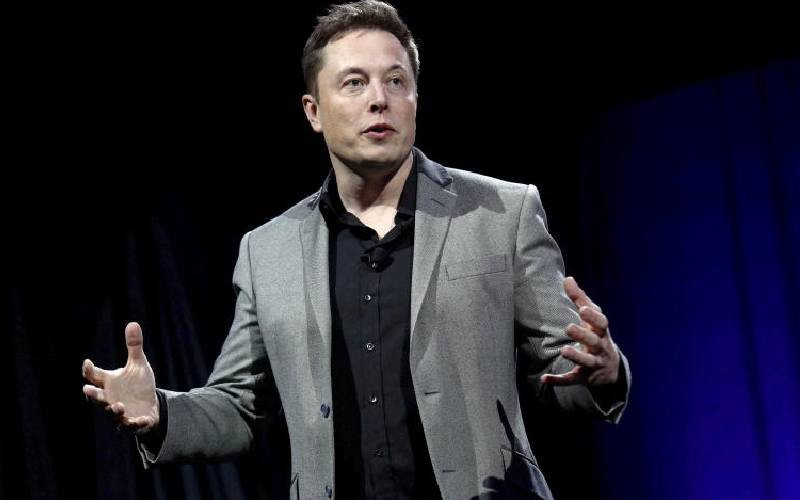×
The Standard e-Paper
Kenya’s Boldest Voice

Elon Musk's Neuralink has been studying "How to Implant a Chip Inside the Human Brain" for years. Scientists revealed their work last year, detailing how they inserted a chip in a monkey's brain and displayed the data on a computer screen.
Don't think they're implanting chips in everyone's heads.